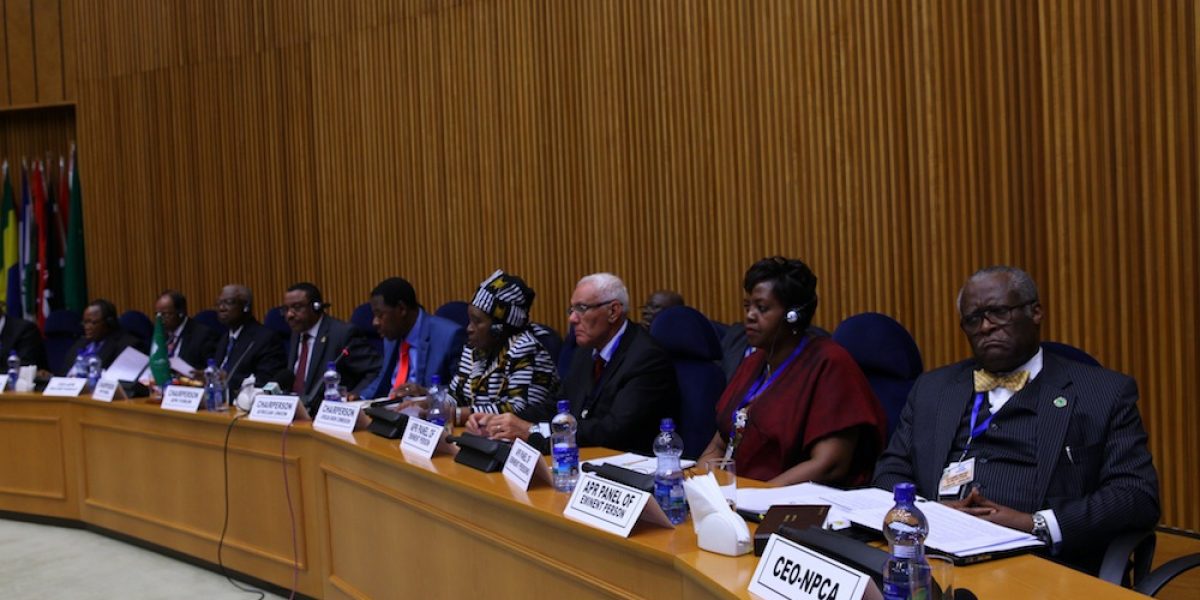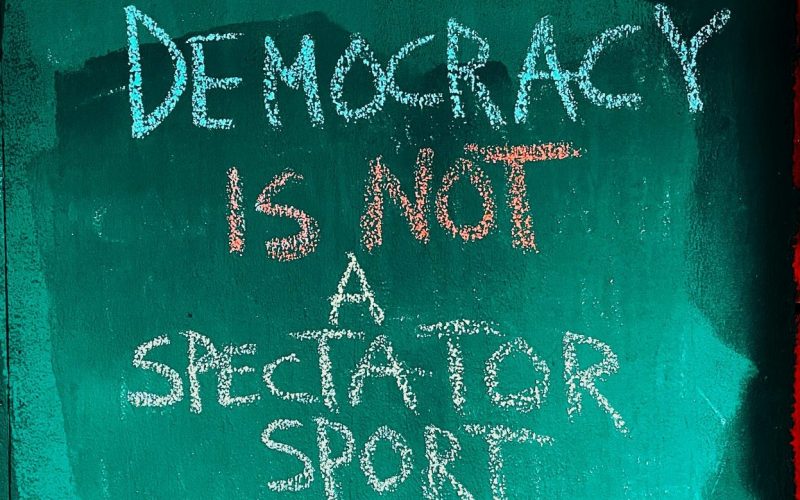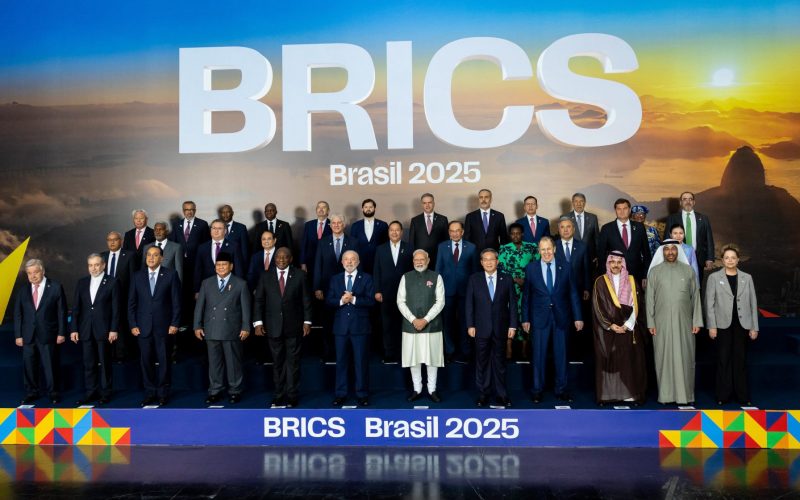For too long, external intervention on the continent was based on foreign self-interest or charity, or – to a lesser extent – cultural curiosity and well-intentioned but often patronising experiments in social development. The prevailing view of Africa was defined by a set of perpetual ‘bads’ – wars, pestilence, strongman brutality, famine and genocide.
Despite the rapid spread of democracy across Africa since the end of the Cold War and a transformation in political discourse among African leaders, little has changed in the way the rest of the world views the continent. A survey of the top 50 American newspapers shows that in the past 12 months, the words ‘Africa’ and ‘intractable’ appeared together in the same story 52 times; ‘Africa’ and ‘misery’ 226 times; ‘Africa’ and ‘tragedy’ 727 times; ‘Africa’ and ‘disease’ 2,663 times; and ‘Africa’ and ‘death’ 4,305 times. A similar survey of major European newspapers over the same period produces strikingly similar figures. Averaged out, Africa is equated with human suffering 21 times every day in the mainstream US print media. Radio and TV undoubtedly convey equally or more dramatic impressions of the continent.
It may seem counter-intuitive, then, for this issue of eAfrica to look for evidence of a ‘different’ Africa in subjects such as HIV/AIDS and malaria. But Africans are making real progress against these diseases in some parts of the continent. Leadership, open and honest public debate and a willingness to embrace science are the key ingredients of these successes.
The articles in this issue all make the same implicit, compelling point: that the principles identified by Nepad – good governance, accountability, smart leadership and transparency – really can make a difference. To the extent that these are embraced and applied, Africa will prove that there is nothing intractable about its challenges.








